Dawn FM Review
January 24, 2022
You’re sitting in your car, stuck in some dense, slowly crawling traffic. A dark, looming tunnel extends over you and the surrounding cars, each one of them steadily headed toward the soft, golden glow faintly visible at the end. One leathery hand rests atop your leather steering wheel. The other shakily reaches toward the tuning knob on your car radio, and you twist into 103.5 Dawn FM. You’re welcomed by a swell of dramatic synths, and the reverberating chirps of birds.
Abel Tesfaye, also known as The Weeknd, envisions this as the conceptual setting of his fifth studio album: Dawn FM.
It’s the sequel to his previous release After Hours, a pop and R&B saga depicting The Weeknd on a surreal, drug fueled frenzy, an exaggerated microcosm of a hedonistic life he may in fact have been living outside of his music. After Hours would give The Weeknd a second wind to his career as an artist; not only would he raise the bar on the merit of his work, but he would also reinvent his image, donning a red and black suit, handlebar ‘stache, and sometimes, a bloody nose, an indicator of his character’s mania and violence.
After Hours would also make waves in music history altogether, even after its release. It would go on to be, perhaps, the most famous GRAMMYs snub ever, enraging fans and contributing credibility to the prevalent opinion that the GRAMMYs should simply be rejected. Nobody in their right minds could understand why Justin Bieber deserved recognition for his album Changes, but The Weeknd didn’t deserve any for After Hours, one of the best records of his discography. Of course, this controversial piece of lore would only bring more notoriety to After Hours and The Weeknd, both of which had already won the praise of casual and critical listeners.
Luckily for us, the snub wouldn’t discourage The Weeknd from maintaining the creative philosophy responsible for After Hours. He would instead reinforce and expand upon the elements only touched upon by After Hours for the success of Dawn FM: its nocturnal setting, the strength of its concept, the sources of its inspiration, and obviously, its sonic pallet.
If After Hours was the coke binge to boost the ego, Dawn FM is the shrooms trip to kill it. The Weeknd exhibits this sort of ego death in several ways on this album, going as far as to forgo his youthful image for the cover art, replacing it with an aged morph of his face. He also removes himself from the narrative in a way, which, granted, may sound strange, given that the songs are still sung from his own perspective, but Dawn FM is really about the listener. Although it was The Weeknd’s death we witnessed in the story of After Hours, the journey to the afterlife over the course of this album is our own. It’s carried out by the audience.
The aforementioned tunnel over your head is intended to be an allegory for purgatory, and the light at the end for heaven. 103.5 Dawn FM is simply the pastime on your way. Its radio host is played by none other than the eccentric Jim Carrey, who omits most of his odd and wild Carrey-isms for this character, leaving us with a soothing and comforting, yet still familiar voice. After he introduces us to the station, we’re blessed with an album’s worth of the attributes that made Blinding Lights such a successful hit. On Dawn FM, The Weeknd fully capitalizes on the 80’s pop sound fetishized by today’s youth, filling the record to the brim with dance beats and zany synths.
Even though The Weeknd is reviving a sound from forty years ago, he keeps it alive by updating it with the detail-oriented production we’re accustomed to hearing. You can find examples of this everywhere on the album, especially in the beats of songs like “Sacrifice” and “I Heard You’re Married.” Delivering an old sound that’s already aged well with contemporary techniques (that we now take for granted) not only makes Dawn FM sound futuristic, but timeless. It could blow the minds of anyone really, from forty years ago to forty years from now.
The lyrics in each song may reflect the contemplations you have on your past, earthly self as you approach the light ahead of you. The Weeknd sings about his nihilism in “Gasoline,” temptation in “Take My Breath,” and being out of time on (the aptly titled) “Out of Time.” Mr. Carrey indeed reinforces the latter theme during his next interlude, assuring you that you will soon be completely healed of all your pains. He quickly returns you to the music; more specifically, Dawn FM’s slower second part, where the rhythms cool it to allow for more introspection.
The familiar, household names of Mr. Carrey and The Weeknd, not to mention eventual features from Tyler, the Creator, and Lil Wayne, combine with the 80’s vibe we’ve all come to love and adore to create a perfect synthesis. Such an amicable amalgamation is difficult to dislike. It’s a mixture designed to at least instill nostalgia into the demographic of Weeknd fans. Thus, for the purposes of Dawn FM, it’s the best kind of music to accompany you on your way to heaven, a universally idyllic product to deliver to the consumers of purgatory (notice my language there).
By the time you reach “Every Angel Is Terrifying,” after the numerous dance hits and the several ballads you’ve driven through along the way, your optimism and enthusiasm for “heaven” may fade away. The narrator throws a barrage of adjectives – “tense, graphic, sexy, euphoric, provocative, edgy,” etc. – to describe “Afterlife.” You may notice now that whatever the afterlife is, it’s being sold to you as if it’s some pornographic virtual reality video game. You can’t help but be sourly reminded of the ads you saw attached to the beginning of almost every YouTube video you’ve clicked on. Is this car even yours? Are you really headed toward heaven? Were those birds in the beginning even real, or were they just the bourgeoisie? Maybe the nostalgic voices of Jim Carrey and The Weeknd were just too good to be true. Maybe the glory of the 80’s was too precious to avoid exploitation. But, as if on cue, just before you can completely come to your senses, the advert transitions into the next bop.
Your cynicism is still intact, and it may not be until the conclusion of Dawn FM that you can reach a conclusion about its content. After a few more tracks, Mr. Carrey resolves the record with Seuss-invoking poetry on “Phantom Regret” by Jim, provoking you to contemplate your life behind you, and… revealing you aren’t ready for the light at the end of the tunnel yet. He states that “you need to be heaven to see heaven”, encouraging you to find peace in yourself before you seek peace elsewhere. And with a “peace be with you” from Mr. Carrey, and the reverberating chirps of birds, Dawn FM comes to an end, and just as you finally feel the warmth of the light on your skin, you wake up.
You’re alive, left to ponder what it means to live.












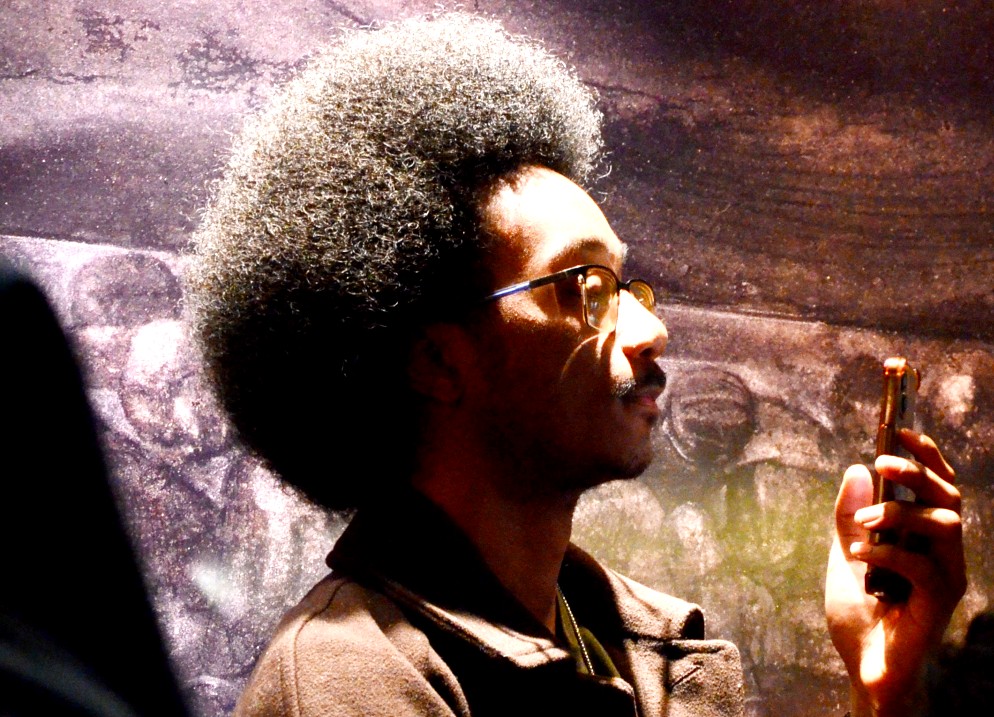
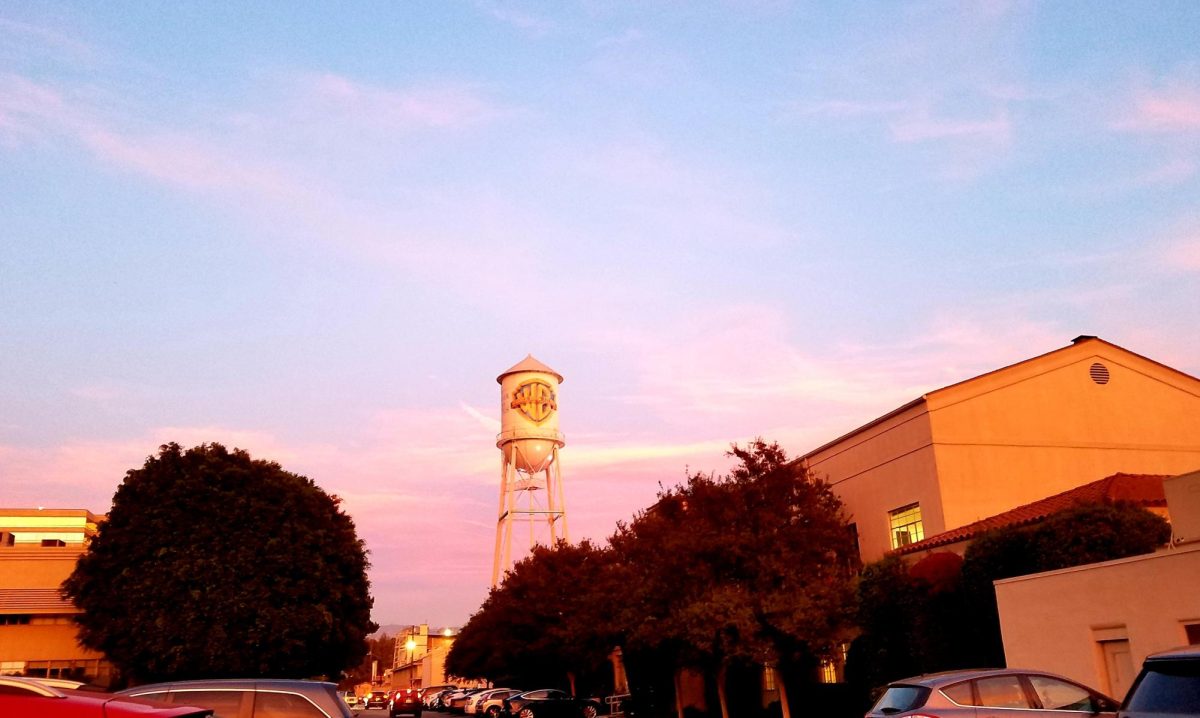



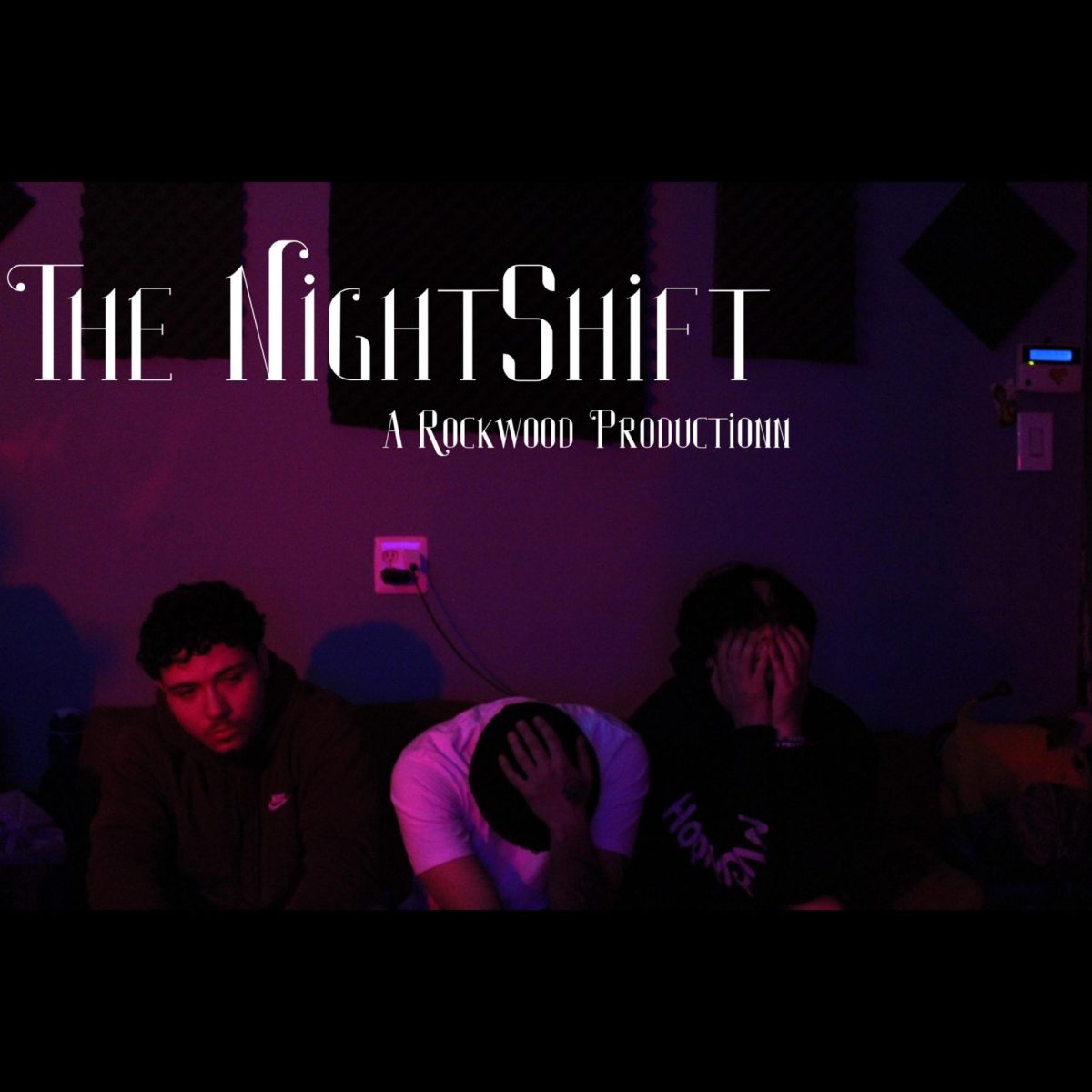







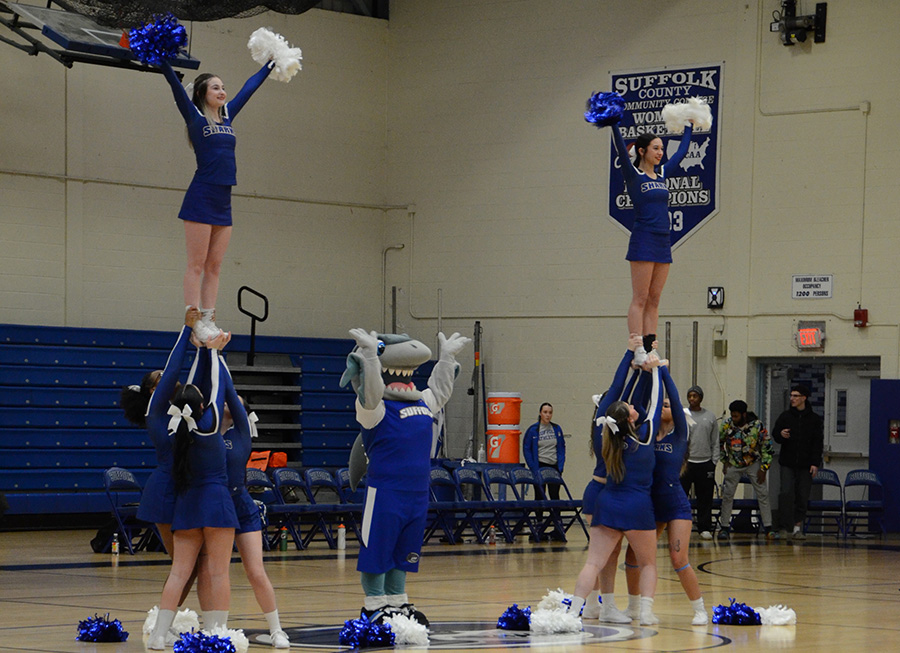


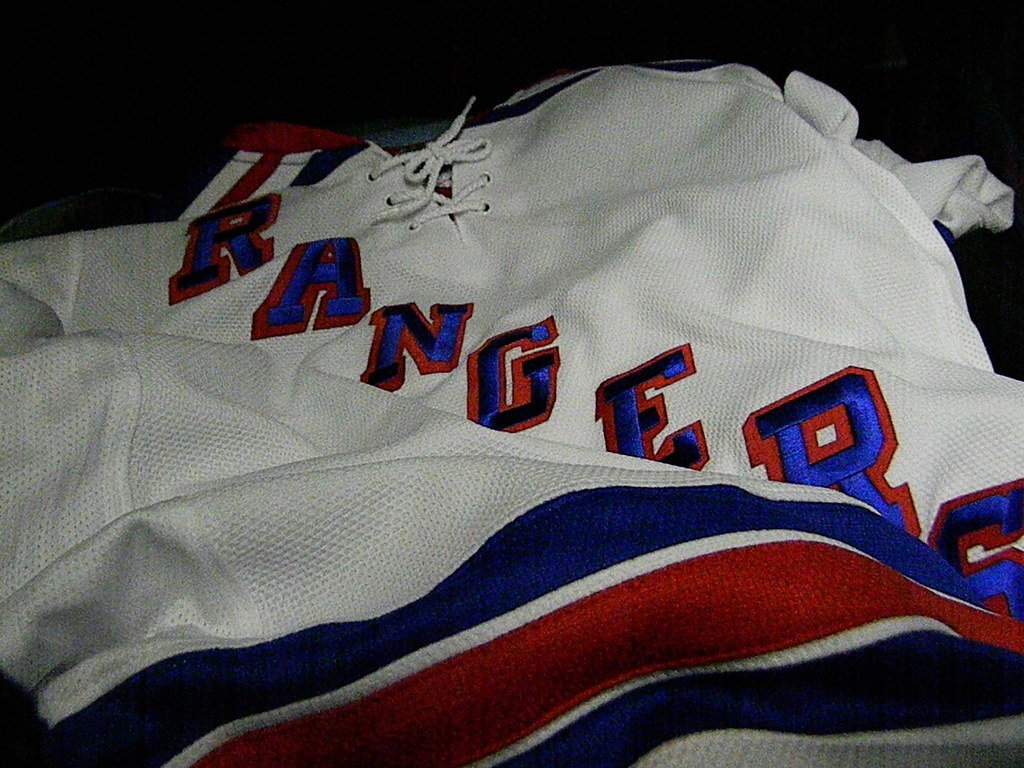
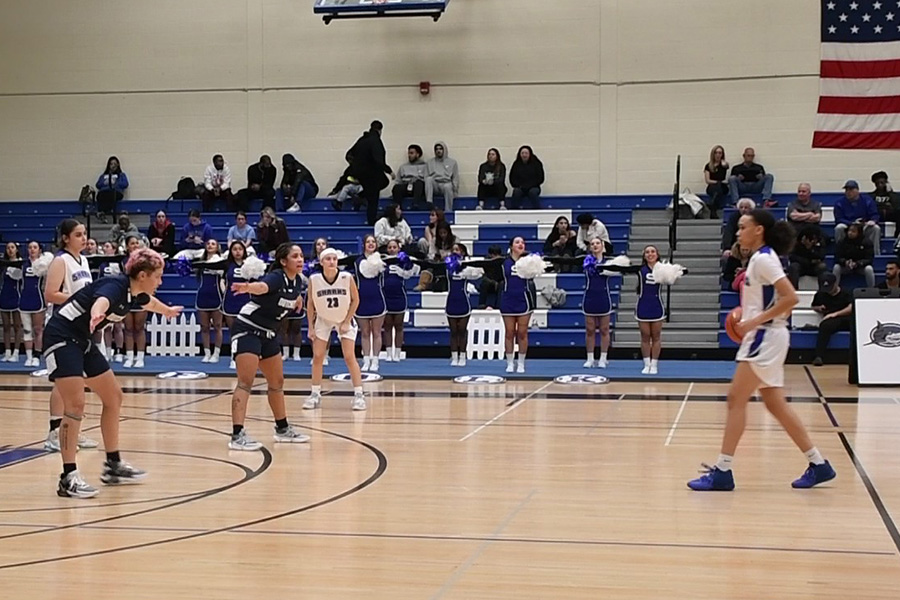





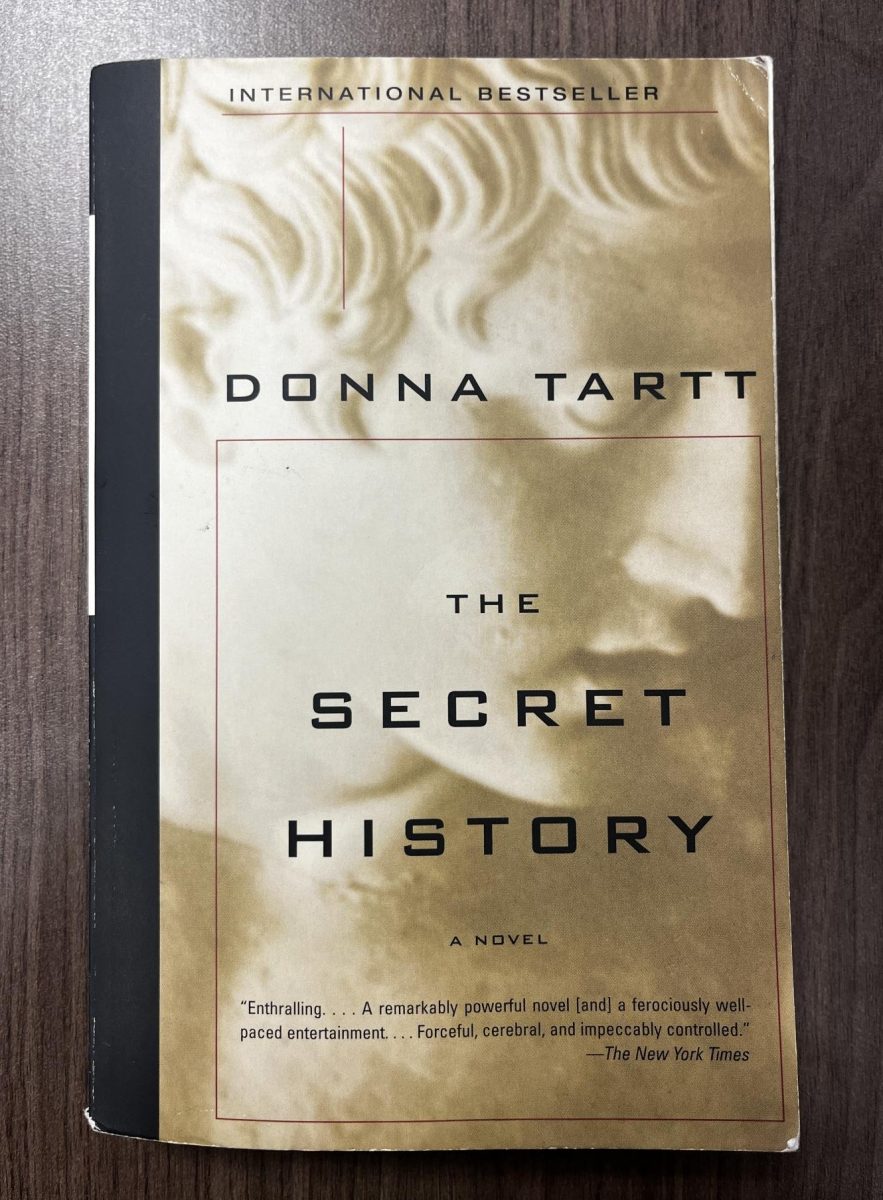




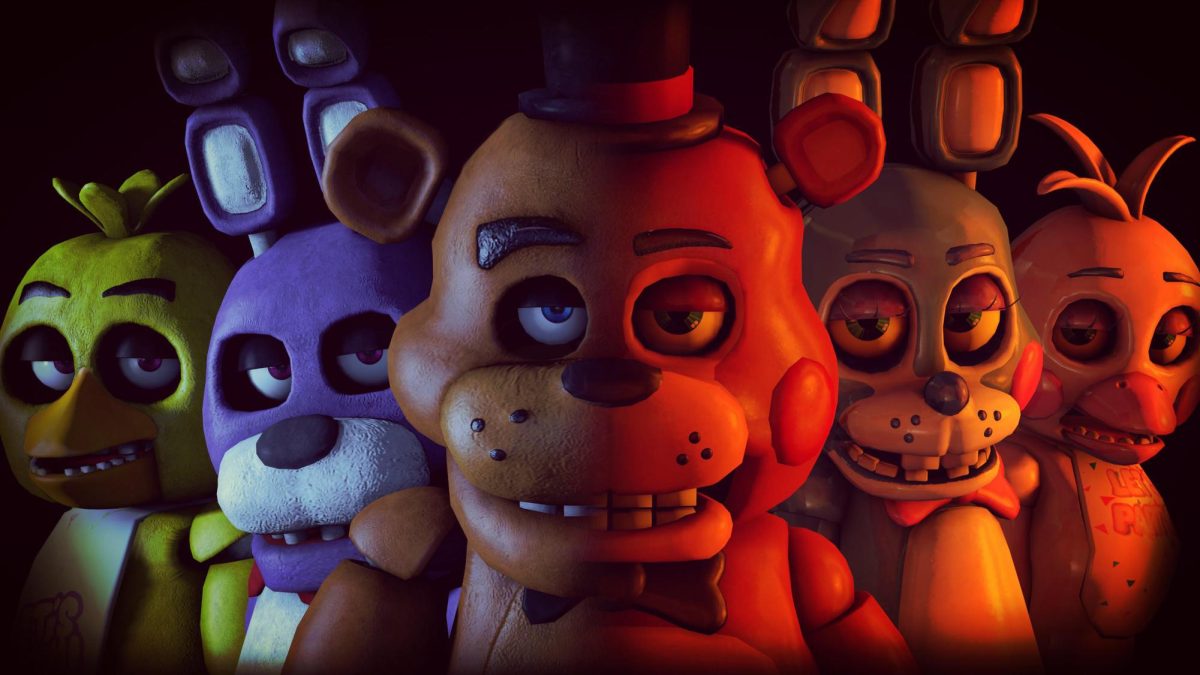
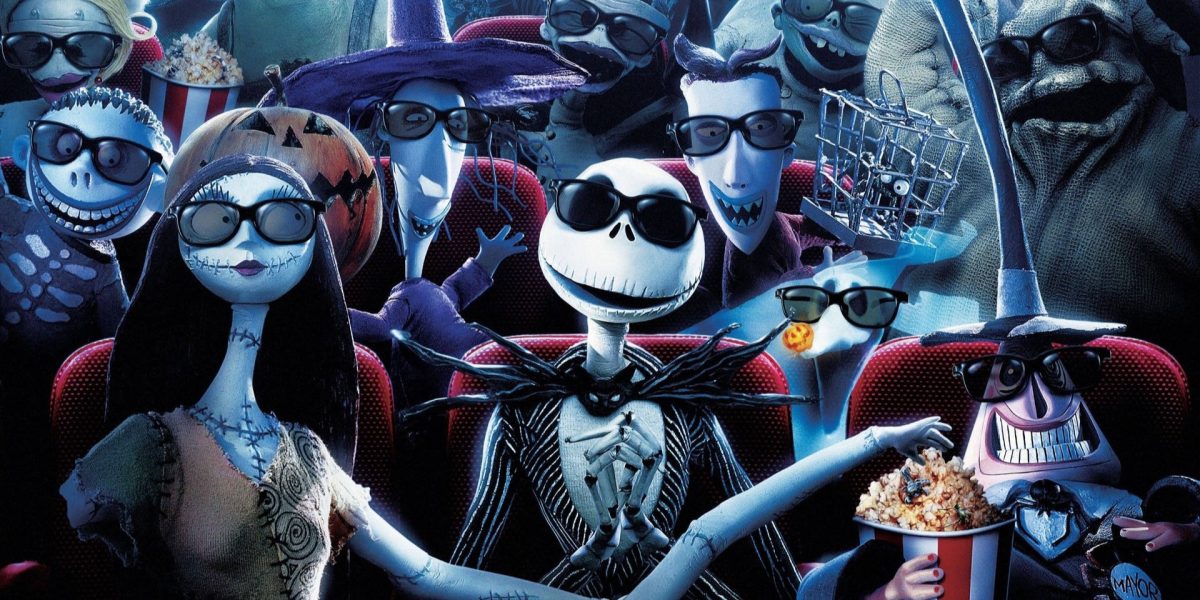

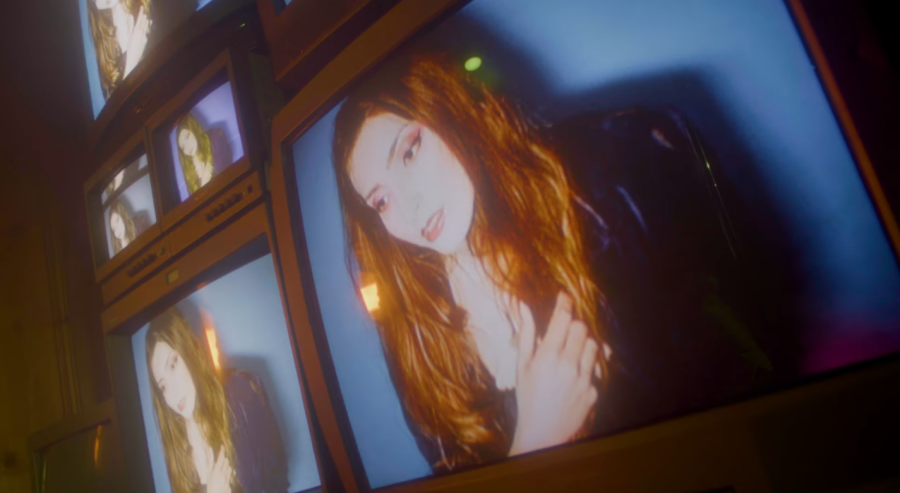
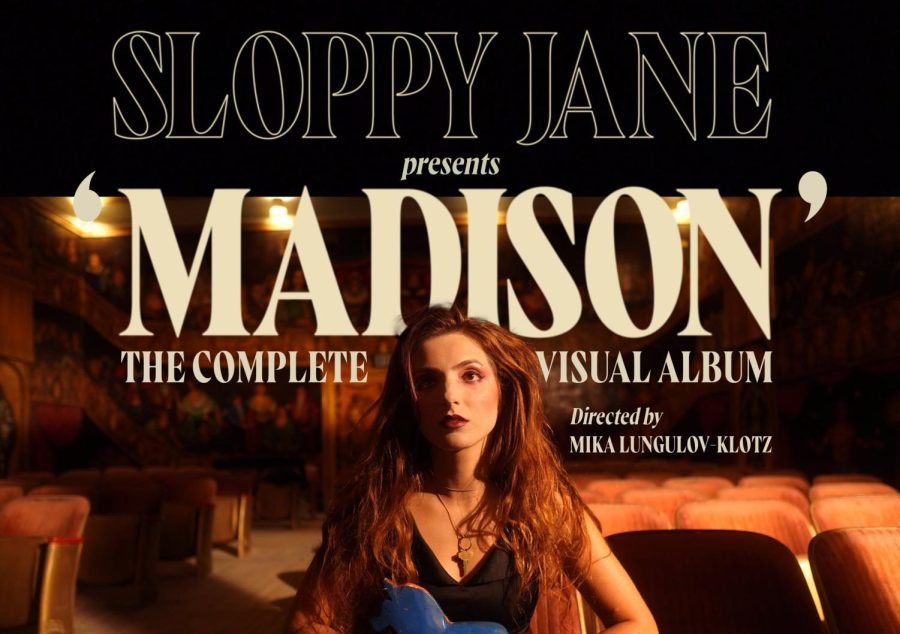
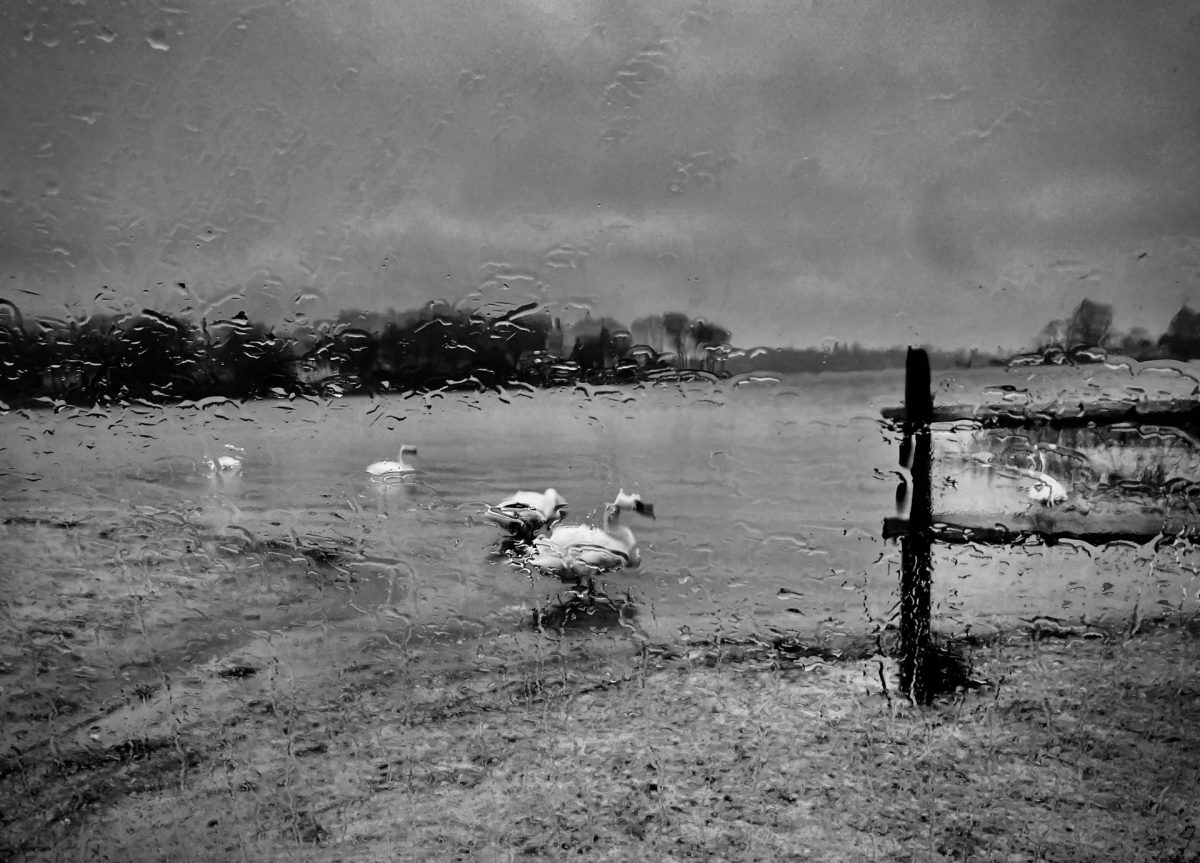



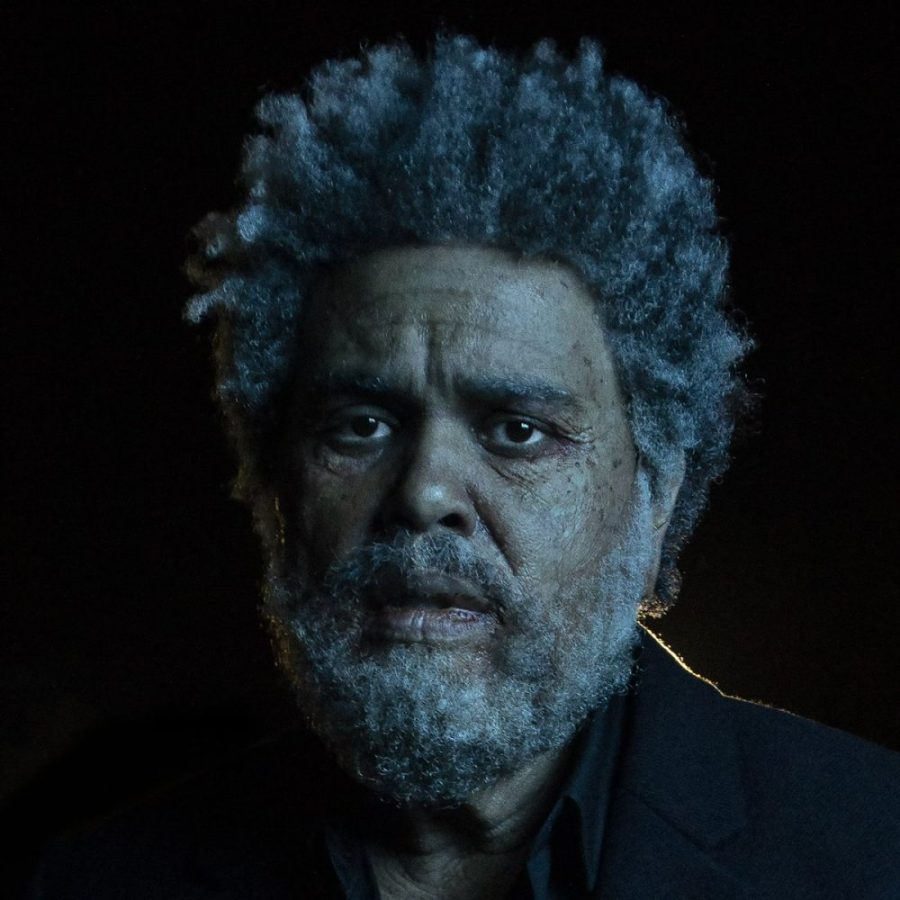






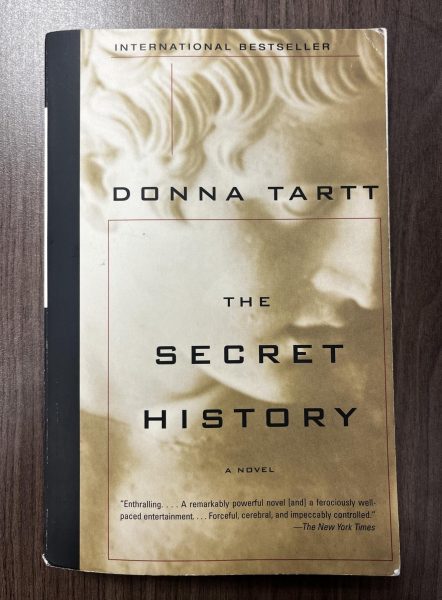




Mary • Mar 8, 2023 at 6:52 am
Wow! Great review! sounds intriguing !
Bryanna • Jan 24, 2022 at 6:14 pm
Great review! Looking forward to listening to the album